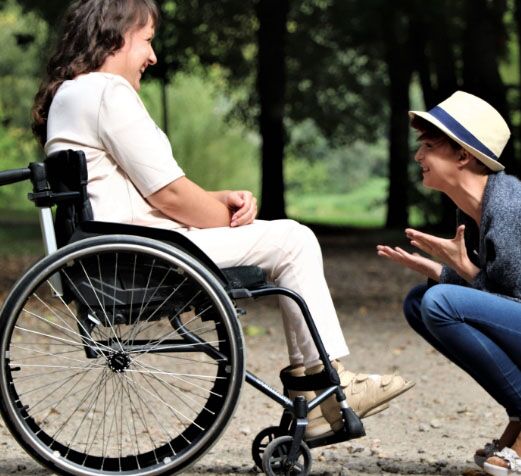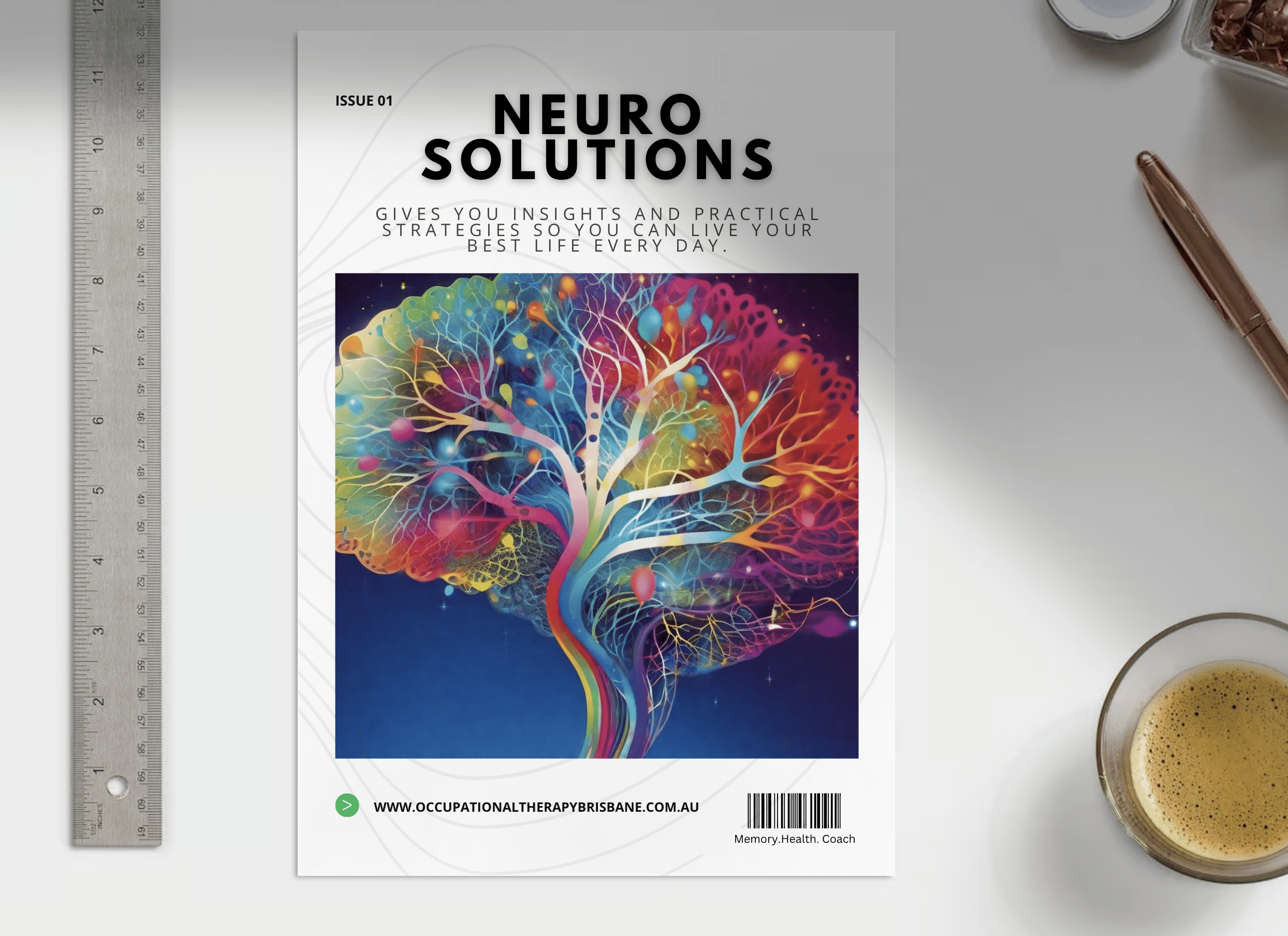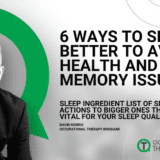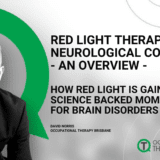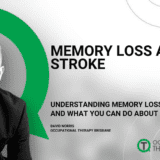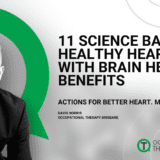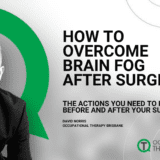How Sleep Problems Can Adversely Impact Recovery Following Stroke

The findings of a study published in Clinical Rehabilitation shows how sleep problems can impact patients up to 12 months after their stroke occured.
There was a strong link between having problems with your sleep negatively impacting the “quality of life, function and participation” in those first 12 months of recovery.
Sleep matters for your brain health, it is also super important for your stroke recovery.
You can click here for the complete study on how good sleep impacts stroke recovery
Study Reference – Fulk G, Duncan P, Klingman KJ. Sleep problems worsen health-related quality of life and participation during the first 12 months of stroke rehabilitation [published online, June 30, 2020]. Clin Rehabil. doi:10.1177/0269215520935940
Limitations of the study: It was a self report study which poses some limitations about the study.
Long Term Stroke Recovery – How A Therapy Plan After Hospital Is Critical
What happens after the hospital? Most people will go to stroke rehab but then what?
This is the time most stroke survivors and their loved ones say ” Now what do we do- is that it?”
So to help you on your journey here’s 7 resources to support your long term recovery after a stroke .
Click the link to read the article to help make the long term recovery after stroke easier
Stroke Survivor Story Shared On Podcast
There’s also David’s podcast with 4 Time Stroke Survivor Bill Gasiamis where he shares how he supported his stroke recovery.
To listen to the podcast click here: “Healing Your Brain After a Stroke” : A Stroke Survivor Story
How Brain Blood Flow and Your Body Weight Is Linked to Higher Risk for Alzheimer’s Disease
New brain imaging study published in the ‘Journal of Alzheimer’s Disease’ has discovered a link between cerebral blood flow and higher BMI, increasing risk of Alzheimer’s disease and mental illness.
In regards to brain imaging, low blood flow to the brain is the highest predictor that a person will develop Alzheimer’s disease.
The study included analyzing neuro-imaging scans of over 17,000 participants to measure blood flow and brain function.
The results of the study concluded that high BMI or obesity “seriously impacts brain activity and increases the risk of Alzheimer’s disease.”
You can read the complete article here
Study Reference -Amen, Daniel G. et al. ‘Patterns of Regional Cerebral Blood Flow as a Function of Obesity in Adults’. 1 Jan. 2020 : 1 – 7. Journal of Alzheimer’s Disease
Three Keys to Maintaining a Healthy Ageing Brain
Having the occasional “forgetful” or “senior moment” is something most of us have dealt with. Lapses in memory can happen at any age.
But contrary to popular belief, ageing is often not the sole cause of cognitive decline. There are others and here’s what you can do for a healthy brain
Should there be any challenges you’re facing whilst living with a neurological condition that you feel an OT can help – please do not hesitate to get in touch.


